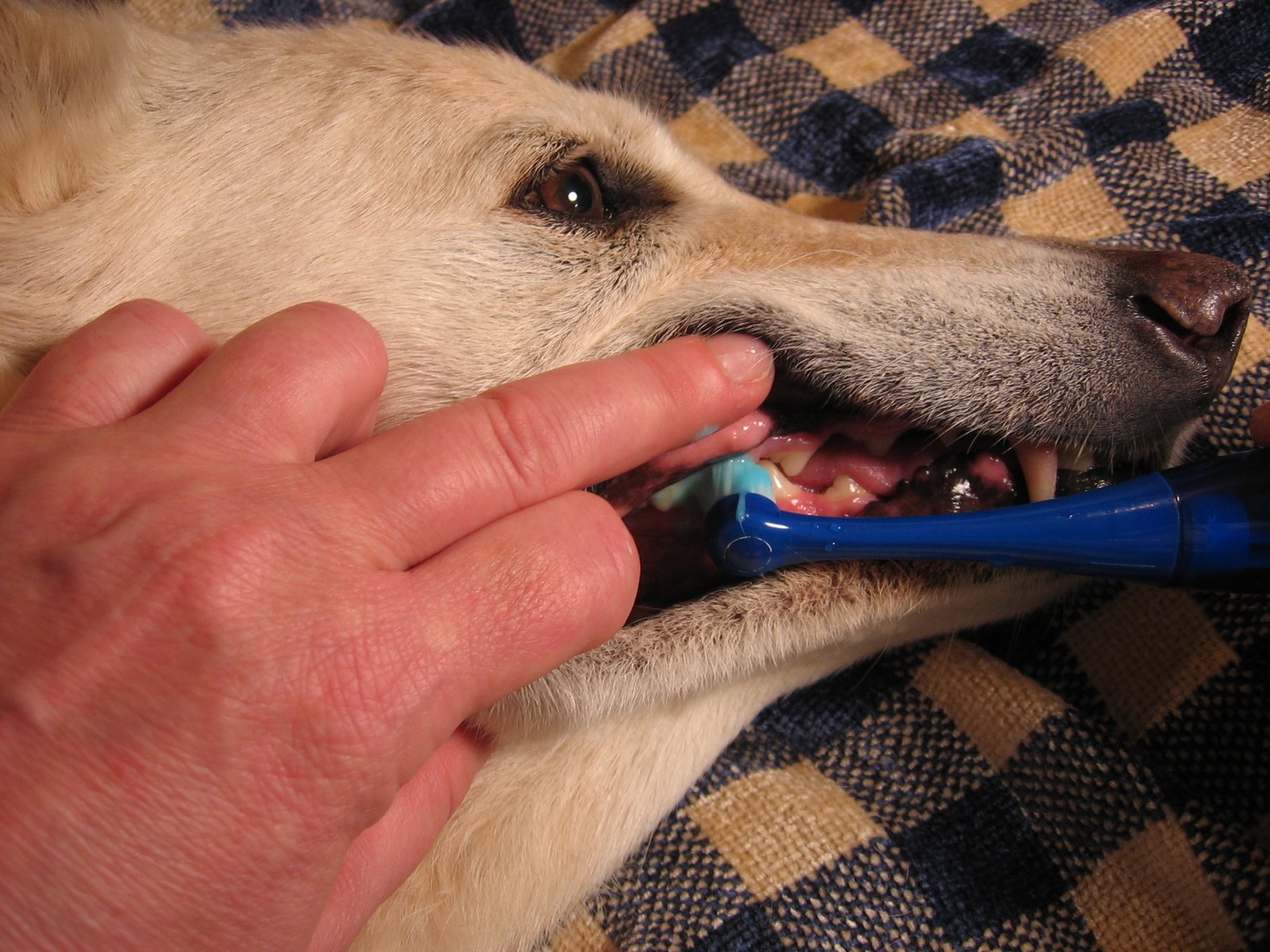

THE European Patent Office (EPO) continues to intentionally dodge a debate about patent quality and instead focuses on speed, which is meaningless (by this yardstick, instant grant is "best", involving no examination whatsoever). An article was published yesterday to highlight a problem with the EPO's so-called 'study' (number of respondents also relatively low). To quote:
Only 627 EPO users answered the survey; more than 300 said they would be in favour of a procedural option for postponing examination.
He noted that the comments against a system for postponing examination “highlighted the downsides for third parties and the public at large that would be caused by prolonging the pendency of applications”.
In this regard, any results would need to be “viewed with care” according to Watson as “third parties would be less likely to comment on a change to patenting procedures than regular patent applicants”.
Watson concluded that he was “not convinced” the data showed an overwhelming need for an overhaul.
"Making the wrong judgment is the real problem -- a problem that the EPO is unwilling to address, let alone entertain. It denies that a quality problem even exists."UDL Intellectual Property's [sic] Simon Mitchell has just mentioned a subject we wrote about yesterday. If the EPO falsely asserts it can grant patents on life and nature in defiance of its founding document and European Parliament, courts will just throw out these patents and reduce confidence in European Patents, in turn reducing "demand" for them (yesterday the EPO actually used the word "demand" as though it is a corporation selling something).
We have meanwhile found out, based on a pair of press releases [1, 2] (one a correction), that not only did the Office recently grant a laughable patent on chewing gum; now there's toothpaste. Next on the menu: patents on food recipes?
To quote the company: "Patent No. 2563316 [is] entitled, “Toothpaste for Allergic Desensitization via the Oral Mucosa.” The patent includes claims to the approach of combining allergenic proteins with toothpaste."
"That's the same kind of thing Theranos said after the USPTO had given it patents and EPO hailed/lauded the founder, a literal fraud, as champion of innovation."So they are blending a couple of chemicals. Innovation!
The CEO of this company is quoted as saying: “The grant of this key patent further validates the novelty of the OMIT platform and enables us to accelerate the development of new options for allergy sufferers."
That's the same kind of thing Theranos said after the USPTO had given it patents and EPO hailed/lauded the founder, a literal fraud, as champion of innovation. ⬆